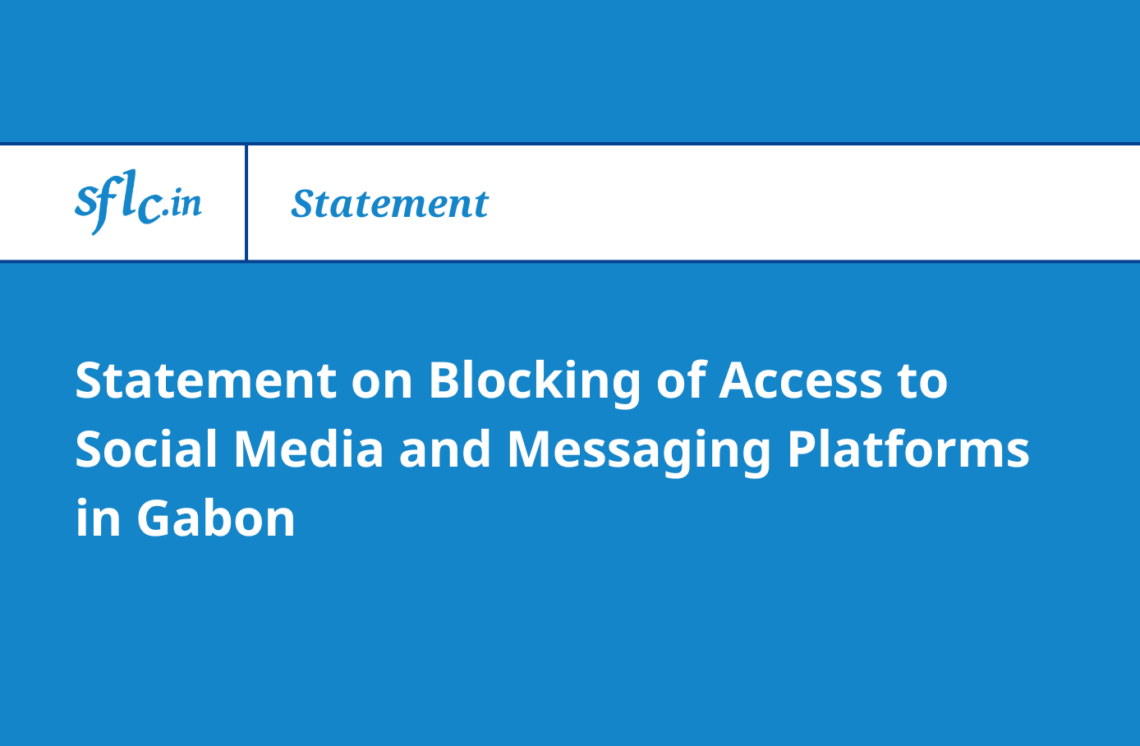In December 2014, the Government of India’s Department of Industrial Policy and Promotion (DIPP) invited stakeholder comments on the First Draft of the National IP Policy, which was published on December 19, 2014. SFLC.in submitted its comments in response before the DIPP. Below are some of the salient points raised by the submission:
- “Innovation” is not necessarily tied to IP rights, and such an ideology can in fact prove to be counter-productive.
- In the absence of extraordinary caution, accession to multi-lateral and bi-lateral treaties as a means to secure and promote the nation’s IP environment may result in the imposition of overly restrictive TRIPS-plus provisions.
- Anti-piracy provisions such as those contained in the Goonda Acts of several states may lead to undue restrictions on the citizens’ fundamental rights.
- Utility Model patents are on a global decline, and as such, the proposed law in this regard may not be in the nation’s best interest.
- Software patents are granted by the IPO despite their specific legal exclusion from patentable subject matter, and the administrative practise in this regard needs immediate review, especially considering the inordinate delays involved in adjudicating upon patent oppositions.
The full text of SFLC.in’s submission can be accessed here.
Prof. Eben Moglen and Mishi Choudhary wrote an op-ed that appeared in The Hindu on March 20, 2015, discussing the need for a national innovation policy rather than a National IPR policy. The op-ed can be accessed here.



